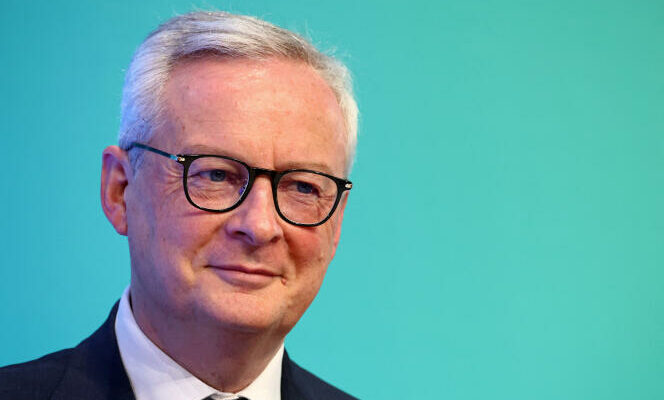IIt is rarely advisable to try to get rich from a vice that you are supposed to fight. Yet this is what the State does by widely taxing tobacco, alcohol and gambling. This is the dilemma of what the Anglo-Saxons call puritan taxes (sin taxes). This is also the case with fuel, a major source of income for the government, while France has promised to completely escape its addiction to gasoline by 2050.
A current report from the Treasury Department has calculated that the gradual switch from thermal cars to electric vehicles will cause a loss of nearly 13 billion euros in annual revenue in 2030 and 30 billion in 2050. The energy transition will therefore also be a tax transition.
This is a good topic of conversation for the Minister of the Economy, Bruno Le Maire, who was to dialogue, Tuesday, December 5, with the billionaire philanthropist Bill Gates as part of the “Rendez-vous de Bercy”, a day of conferences at the ministry dedicated to growth and climate.
Cost of 110 billion euros gross per year
Like real puritan taxes, the tax on fossil fuels (petrol and gas) is all the more complicated to remove as its proceeds are allocated to many things other than fighting global warming. On the other hand, unlike alcohol and tobacco, its total disappearance is programmed, which gives time to adapt to this new situation. But the erosion of this tax base can hardly be offset by an increase in these same taxes. The episode of the “yellow vests” has largely dampened the desire to increase the price at the pump through taxation.
However, there is an urgent need to find additional funding. The Treasury Department’s report estimates the cost of the transition at 110 billion euros gross per year, private and public investments combined. The countries of northern Europe, ahead of this fiscal path, have started a transfer towards urban tolls and the reduction of subsidies for electric cars. But it would still be paradoxical to replace a tax on a practice that we wish to eliminate with a saving on help to do so.
Taxation, which is very fluid and creative in France, will have to change again. It will have to do this by giving as much visibility as possible to businesses and citizens, to be understood and accepted.
